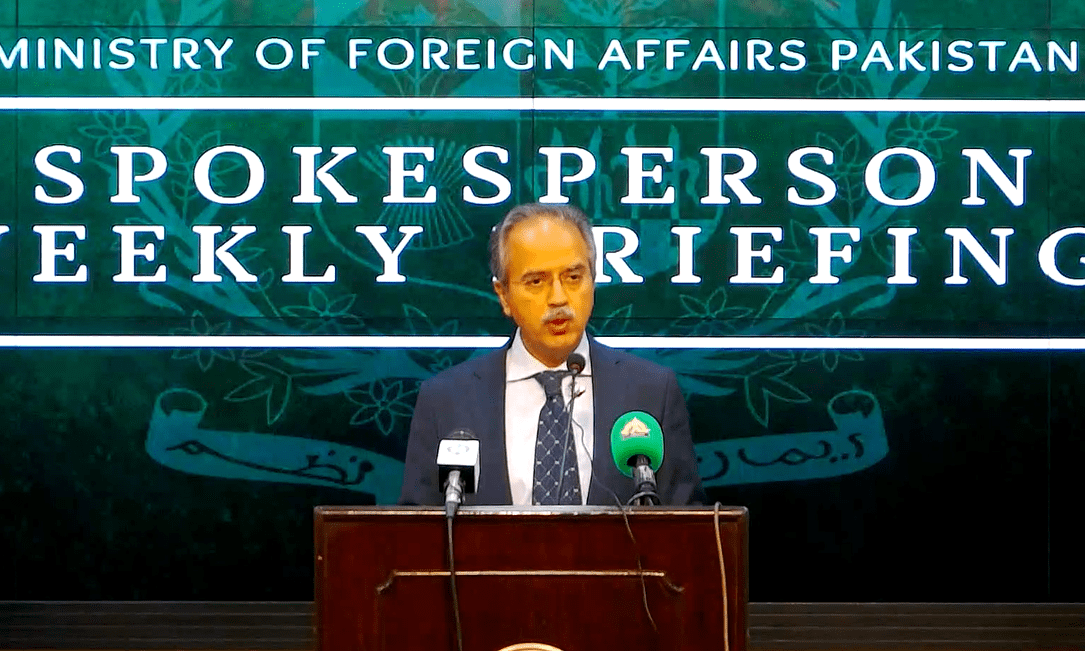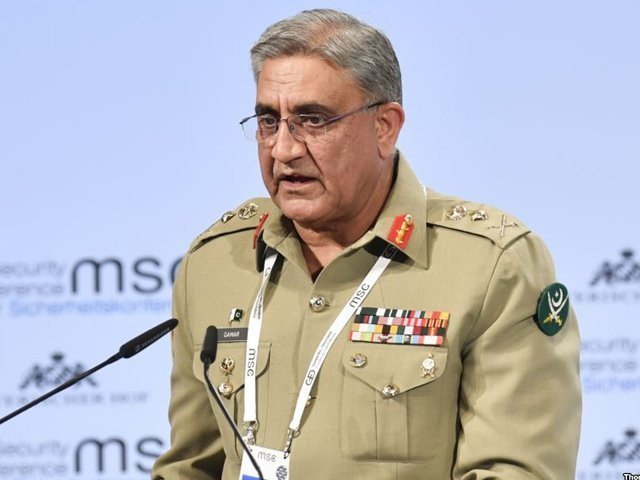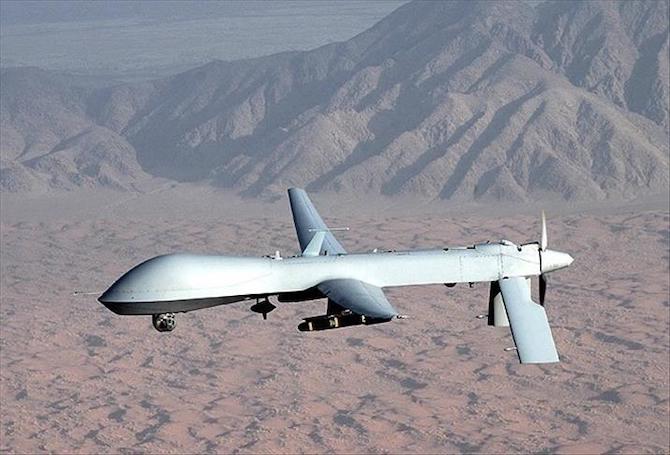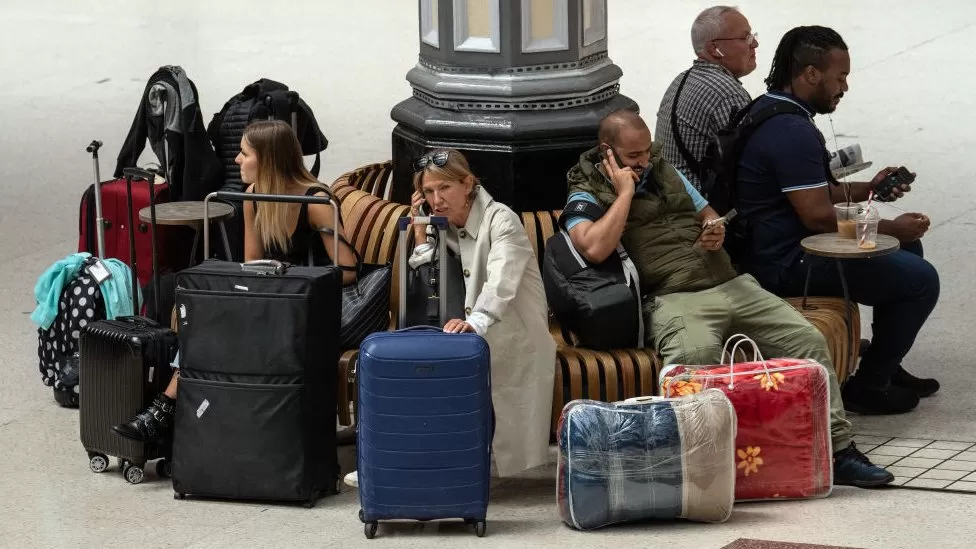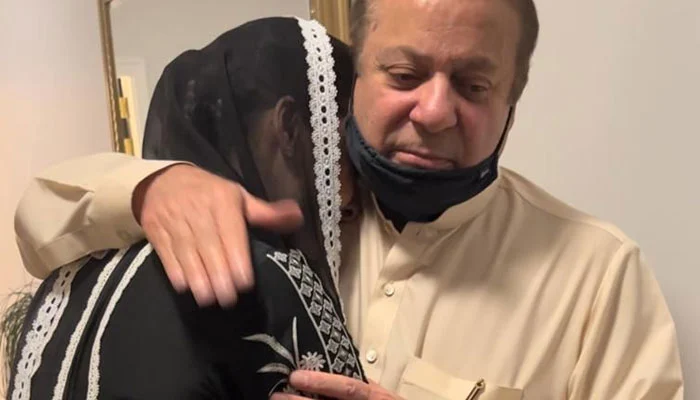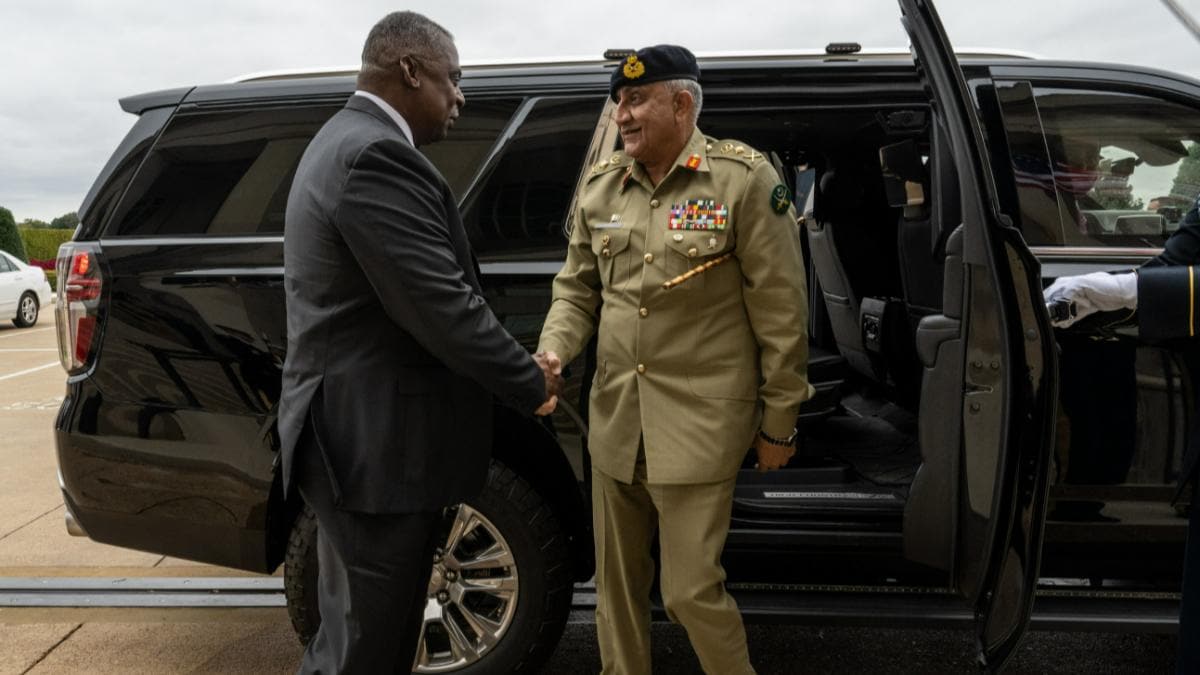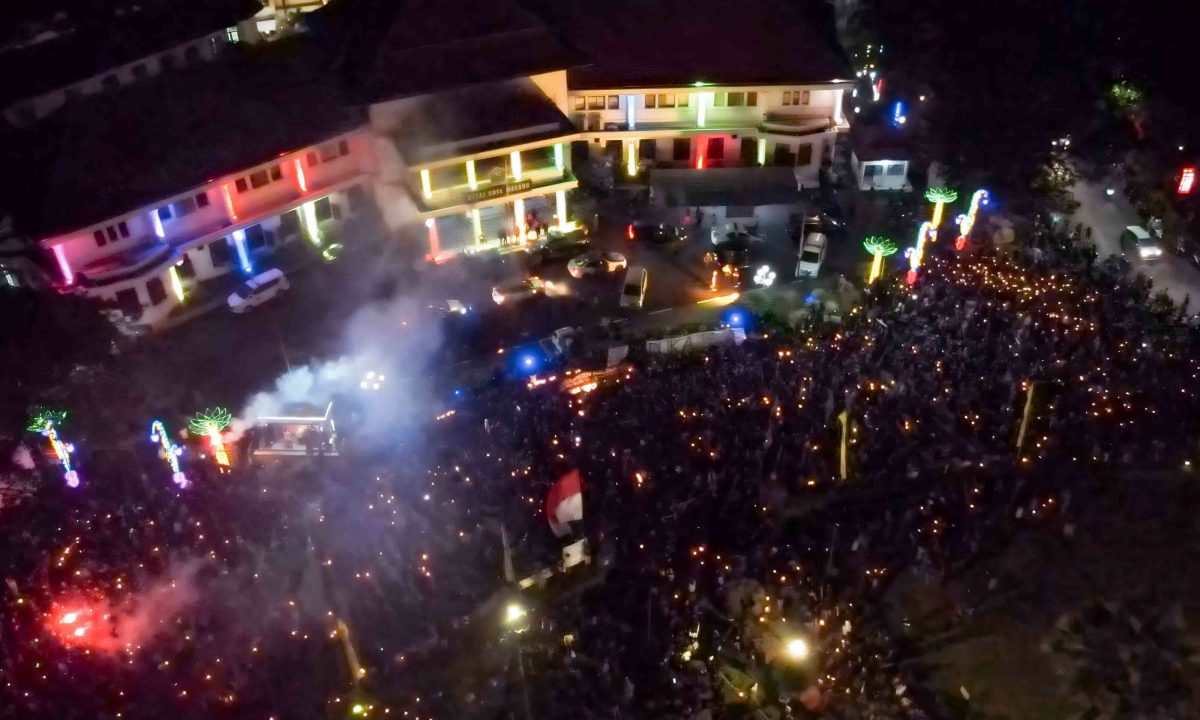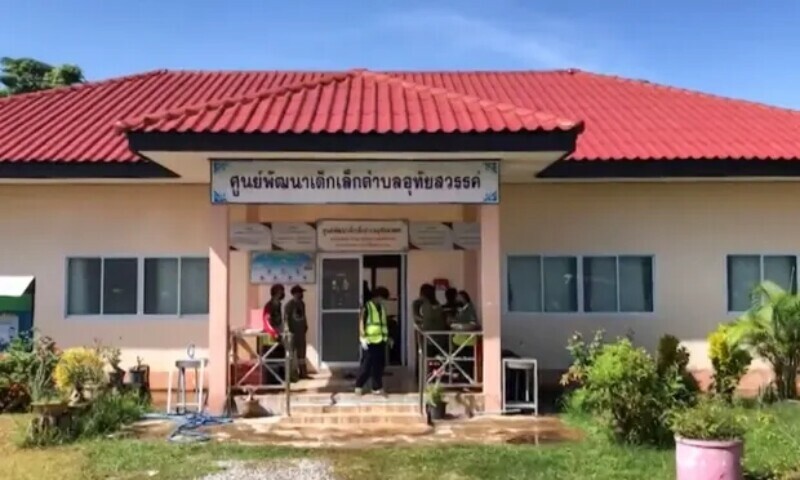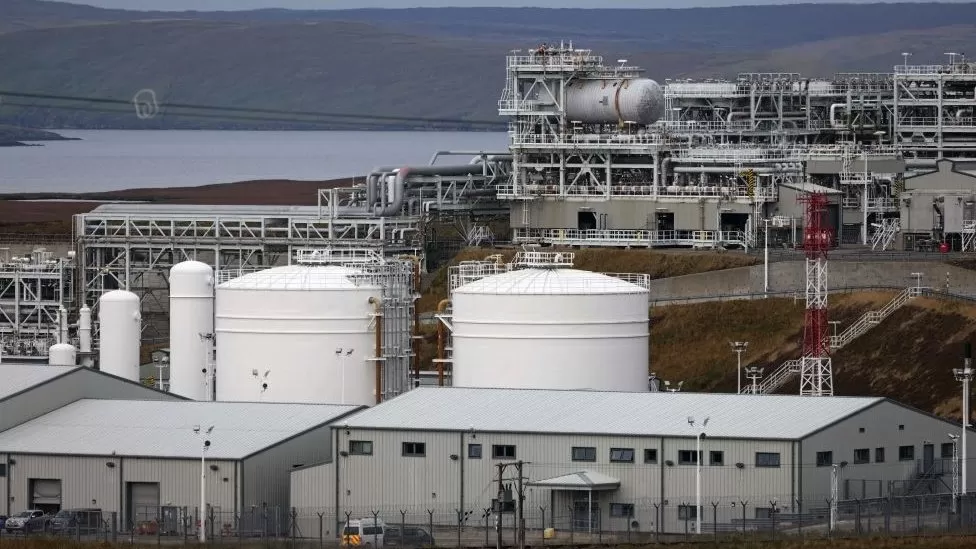Speaking at the weekly media briefing, FO spokesperson Asim Iftikhar said rehabilitation and reconstruction phase is going to be “a huge task” and continued and sustained support and solidarity of the international community will be required. He specifically mentioned the donors’ conference being hosted by France which is expected to bring together global financial and development partners and ask them to contribute to the rehabilitation and reconstruction work.
The date and venue for the conference, which French President Emmanuel Macron had offered to host, is yet to be decided. Islamabad wants the conference to be co-convened by France and the United Nations, as it was originally suggested by UN Secretary General Antonio Guterres during his visit to Pakistan for expressing solidarity with flood victims.
“A comprehensive plan will be taken to this conference. We can expect this to take place towards the end of the year, perhaps end November; final decisions would be taken on this, about the exact timing and the venue of this conference,” the FO spokesman said.
Responding to multiple questions, the spokesman said there was a noticeable uptick in diplomatic engagement with other countries since the current coalition government took office in April after dislodging PTI government.
“I think it is very evident that there is a positive, forward movement; there is improvement and further strengthening of bilateral relations and cooperation with a host of countries. That is evident from the series of interactions, the various visits and meetings that are taking place, the intense diplomacy that you have observed in the last couple of months,” he said.
When asked about the original cipher received from the then ambassador in Washington, the spokesperson said it was present in the foreign ministry, in a proper, safe and secure situation.
The FO spokesperson welcomed US Ambassador Donald Blome’s visit to Azad Jammu and Kashmir, saying it would give him firsthand information about the region, besides helping in making comparison with the situation in the part occupied by India.
Ambassador Blome had visited AJK from October 2 to 4.
Meanwhile, New Delhi objected to the trip and had been particularly upset over the ambassador calling the region by its name, Azad Jammu and Kashmir.
On Friday, India also protested to the US over Blome’s visit to AJK. “Our objection to the visit and meetings in Pakistan-occupied Jammu and Kashmir by the US ambassador to Pakistan has been conveyed to the US side,” Reuters quoted Indian foreign ministry spokesperson Arindam Bagchi as saying at a news briefing.


